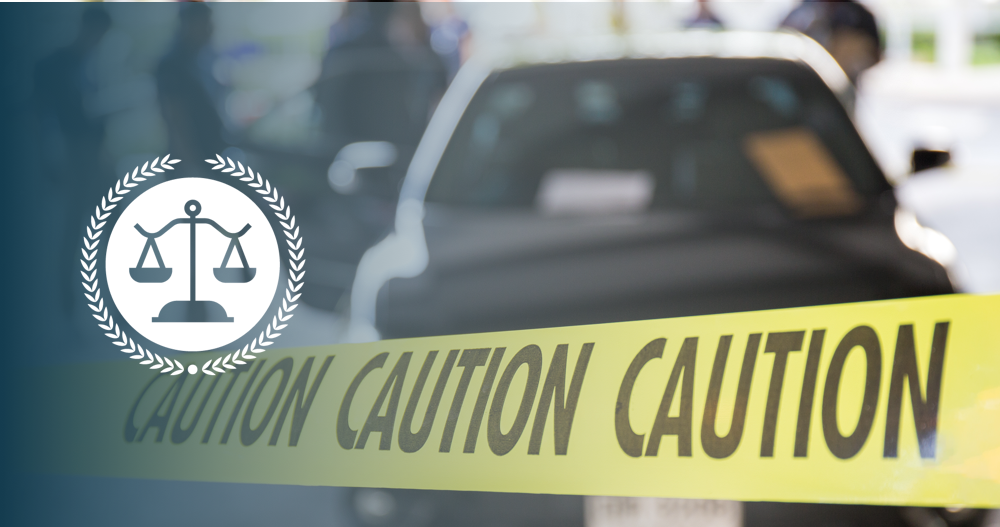
The job of criminal profiler is probably one of the more fascinating within the criminal justice careers. Each case is unique and a criminal profiler must study individual motives, patterns, and methods of the criminal. It is up to the criminal profiler to develop the ‘profile’ of the potential suspect by using every piece of evidence left at the crime scene.
Job Duties Of A Criminal Profiler
A criminal profiler arrives at the scene of a crime to help determine the how’s and why’s. By analyzing the evidence and interviewing witnesses, the criminal profiler will create a psychological portrait of the suspect. An experienced profiler will be able to determine the height, weight and dominant hand of the criminal among other characteristics relating to the crime scene.
Profilers work with police departments, the government, or as a freelance consultant. They may work open or closed cases at the request of the law or through private citizens and attorneys.
Educational Requirements Of A Criminal Profiler
Criminal profilers possesses strong intuitive and analytical skills, can detach themselves emotionally, and has a strong understanding of how the criminal mind works. A high school diploma or GED are the first necessary steps. A criminal profiler must be a U.S. citizen, have a valid driver’s license, be at least 19-21 years old, depending on state requirements, and have no felony convictions or serious misdemeanors.
Because it’s part of a law enforcement career, criminal profilers need to be in excellent physical condition.
Criminal profilers are expected to hold a bachelor’s degree in forensics, criminal justice, psychology, or related disciplines. Law enforcement academy, which is typically 3-5 months, is required as well. Candidates may also be trained through the FBI’s Behavioral Science unit.
The area of forensic psychology is seeing a large growth, so those with degrees in psychology may have better job prospects.





